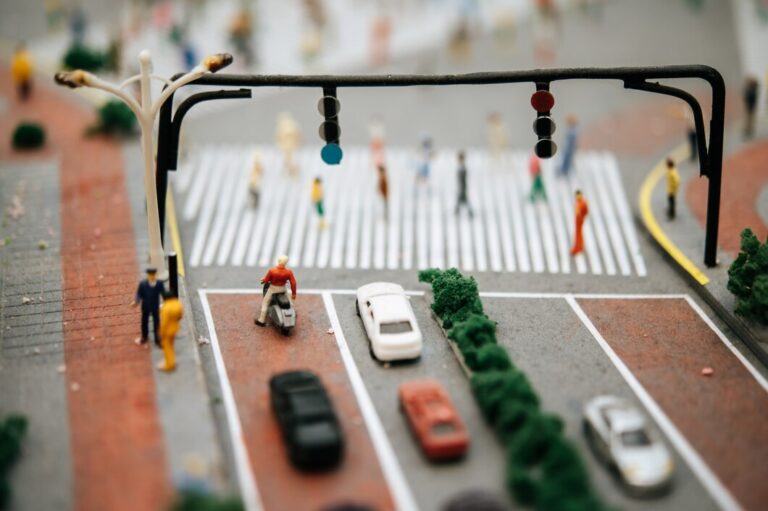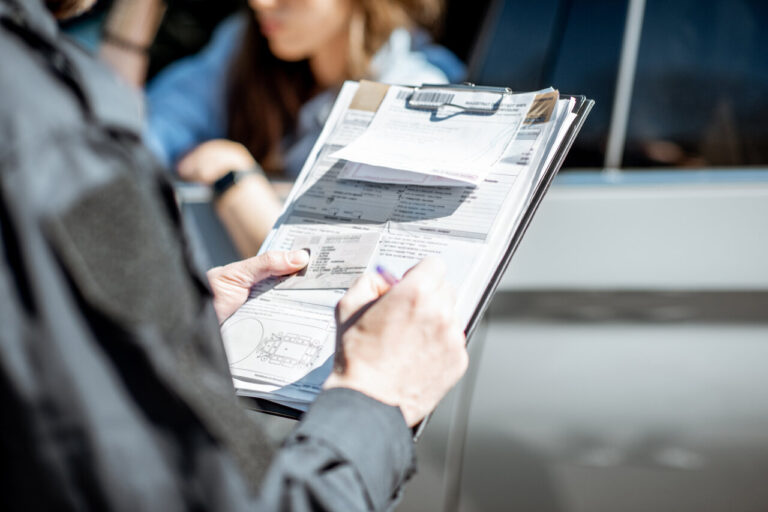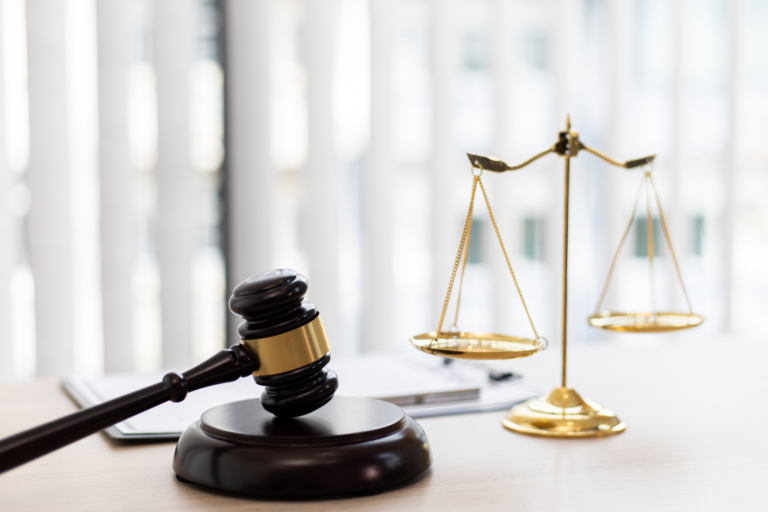Handling Traffic Tickets When Driving a Commercial Vehicle
Driving a commercial vehicle requires extra care, as the rules can be stricter and tickets more impactful. When you\’re behind the wheel of a big rig or delivery truck, a simple mistake like a traffic infraction can quickly become a big deal. This could affect your Commercial Driver\’s License (CDL) and overall career.
It\’s crucial to understand the different types of traffic tickets that commercial drivers can face, from minor infractions to serious misdemeanors. Each has unique consequences and might require different actions. Knowing what to do when a ticket arrives can help protect your driving record and your job. This article will explore how to handle these situations, what steps to take immediately, and how to maintain a clean CDL record.
Understanding Traffic Tickets for Commercial Drivers
Commercial drivers often face more severe consequences for traffic violations than regular drivers. One key difference is between traffic infractions and misdemeanors. Traffic infractions are minor law violations, like speeding or running a red light, which usually result in fines or points on the CDL. Conversely, misdemeanors are more serious offenses that could lead to heavier fines, probation, or even jail time. Examples of misdemeanors include driving under the influence (DUI) or reckless driving.
These tickets can pose unique challenges for commercial drivers. Their job requires them to be on the road constantly, increasing their exposure to potential violations. Even a small infraction can lead to significant cumulative penalties over time. Moreover, some employers have strict policies about maintaining a clean driving record, making any violation a potential job threat.
Traffic tickets can have a significant impact on a CDL. Tickets can lead to points on the CDL, which might result in higher insurance rates. More crucially, accumulating too many points or receiving certain misdemeanor convictions could lead to suspension or revocation of the CDL. This affects the driver\’s ability to maintain employment and could also severely impact their livelihood.
Immediate Steps After Receiving a Traffic Ticket
Receiving a traffic ticket while driving a commercial vehicle can be stressful, but taking immediate, appropriate action is essential. Here are steps to follow right after getting a ticket:
1. Stay Calm and Polite: Respectfully accept the ticket from the officer.
2. Document the Incident: Write down exactly what happened while it\’s fresh in your mind. Take photos of the location, signage, and your vehicle\’s position.
3. Verify Ticket Information: Ensure all details like date, time, location, and your personal information are correct on the ticket.
Once you have the ticket, it\’s crucial to address it immediately. Ignoring a ticket can lead to more severe penalties. Check the ticket for your response deadline, which is typically printed on it, and decide whether to pay the fine or contest the ticket. Paying a ticket is considered an admission of guilt and might add points to your license.
Deciding to contest a ticket involves a more detailed process. You\’ll need to gather evidence supporting your case, such as witness statements or driving logs. Doing so promptly ensures ample time to prepare if your case goes to court. Always remember that timely responses and careful documentation can help deal with traffic tickets effectively.
Options for Contesting a Commercial Vehicle Ticket
Evaluating whether to contest a commercial vehicle ticket is important. Begin by assessing the merits of the ticket. Was there a misunderstanding or factual error? Consider how a ticket could affect your CDL and long-term career prospects.
Gathering evidence is a critical step in contesting a ticket. Start with any witness statements; if passengers in the vehicle or nearby people saw the incident, their accounts can be valuable. Also, review your vehicle logs, which might provide timing information to help you contest the ticket. Photographs taken during the incident, showing details like road conditions or signs, can serve as compelling evidence.
When preparing to contest in court, ensure you understand the process. This usually involves pleading not guilty and requesting a trial date. Develop a solid defense by organizing your evidence and possibly preparing a statement to explain your perspective. Remember, being well-prepared can significantly impact the outcome of your case. Hiring a professional to help navigate the legal proceedings may also be viable depending on the circumstances.
Maintaining a Clean CDL Record
Keeping your CDL record clean involves consistently practicing safe driving habits. Adhering to safety protocols on the road is a good start. Ensure you know speed limits, traffic signs, and road conditions to avoid unnecessary infractions.
Consider taking defensive driving courses. These programs enhance your driving skills and can provide benefits like reducing insurance premiums. In some cases, they may also help keep points off your record.
Regularly check your CDL record for accuracy. Mistakes can occur, and addressing any discrepancies promptly is important. This proactive approach helps maintain a clean driving record and assures potential employers of your reliability as a driver. With these strategies, you\’ll be better equipped to stay violation-free and protect your professional credentials.
Conclusion
For commercial drivers, managing traffic tickets is crucial. Taking immediate action and understanding your rights can make a difference. Knowing the options for contesting tickets and preparing a solid case is essential. Maintaining a clean CDL record should always be a priority through safe driving practices and regular checks. Commercial drivers can protect their careers by adopting these strategies and upholding a commendable driving reputation.
If you\’ve received a traffic ticket while driving and need assistance, Mr. Ticket can provide your support and expertise. Our experienced team is dedicated to helping commercial drivers navigate the complexities of traffic violations, ensuring you take the best possible steps to protect your CDL and livelihood.








